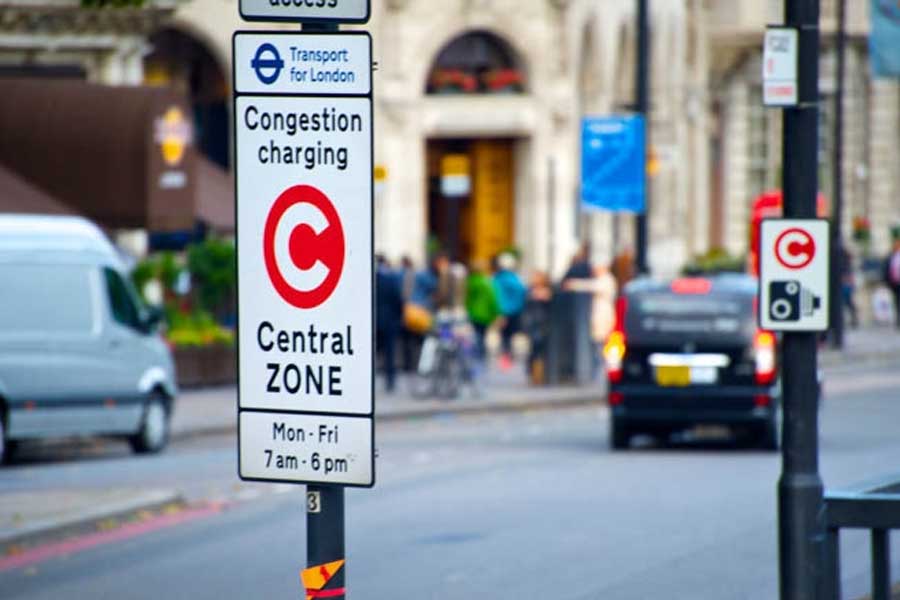What makes a local transit referendum successful?
Studies have shown [PDF] that developing consensus among business and environmental leaders is important. Also critical, argues Ben Schiendelman at Seattle Transit Blog, is developing a strong, clearly-articulated marketing campaign.
According to Schiendelman, the question that is foremost in voters' minds when they step into the ballot box is, “How much will I get, and how much will I pay?” He goes on to posit that the easier the benefits are to communicate to the public (and, conversely, the more indirect the costs), the greater the chances of passage.
All of that spelled bad news for Seattle's Prop 1, he says, which proposed a new vehicle registration fee of up to $60 to fund a variety of small road and transit projects, and failed at the ballot box:
The answer to what a voter gets can range from the focused, like a streetcar extension along a particular street – to the diffuse, like a list of projects all over town, or no list at all! The answer to how much they pay is similar: As focused as $60 per car once a year, and as diffuse as .09% on every purchase.
During a campaign, the side promoting a measure has to communicate the benefit to as many people as possible. The more focused and simple that benefit is, the cheaper it is to communicate – the slogan can be catchier (“Mass Transit Now!”), the explanation simpler (“A monorail from Ballard to West Seattle”). An interaction that leaves a voter with confidence in your project is shorter, meaning you can make more contacts in the same amount of volunteer time. Even less engaged voters will be exposed to your message, because a simpler message is more easily repeated.
A more diffuse package raises negatives – which are much more powerful than positives. If a measure has roads and transit, people who hate roads will vote against it as well as people who hate transit. People who hate bike lanes voted against Prop 1, people who hate streetcars, and people who hate buses. The more complex your package, the more likely you are to trigger someone angry about another project...
Prop 1 was basically terrible in this respect. “A $60 annual fee for a wide range of small projects.” Compare that to “a 0.9% sales tax for 50 miles of light rail,” and I think you get the idea.
Elsewhere on the Network today: The Political Environment reports that a team of Wisconsin Democratic state legislators has lined up in opposition to a $700 million bridge project, saying it is unnecessary and wasteful. Baltimore Spokes refutes claims from local leaders that trails aren't transportation. And Transportation for America issues a measured response to the Senate's Transportation Bill proposal.






